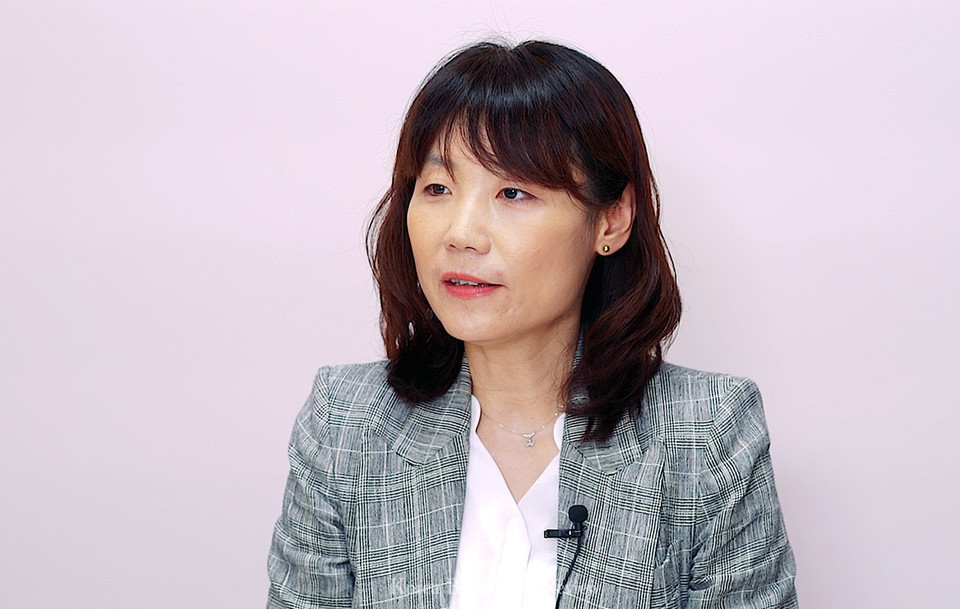Healthcare big data is drawing growing attention worldwide, as such data holds the key to new drug development and tailor-made patient care.
In Korea, anticipation for wider use of big data has risen, especially after the three data-related laws took effect to expand the scope of big data use and remove unnecessary regulations.
The three laws, revised in January, are the Personal Information Protection Act, the Information and Communications Act, and the Credit Information Act. The three laws went into effect in August.
The Health Insurance Review and Assessment Service (HIRA) had already been preparing for wider use of healthcare big data.
Under the national health insurance program, HIRA has built quality healthcare big data.
When the Covid-19 pandemic hit the globe this year, HIRA did not miss the “opportunity” to share healthcare big data.
In March, HIRA released Covid-19 data for researchers worldwide to use them for free and showed its commitment to leading an international cooperation effort to study Covid-19.
HIRA was the world’s first to open big data for Covid-19 research in the healthcare sector.
Overseas participants of the HIRA’s international joint study for Covid-19 said HIRA’s sharing data was an excellent example of how big data can be used for public health.
HIRA has steadily built a system to utilize data, generated during the review of health insurance claims by medical institutions, as big data. At the center of such work is HIRA’s Big Data Research Division.
Korea Biomedical Review met with Roh Yeon-sook, director of the Big Data Research Division at HIRA, to learn the meaning of the HIRA’s healthcare big data and the agency’s role in the future.
The Big Data Research Division standardizes massive national healthcare data, study the data with domestic and foreign institutions, and make national clinical grounds or policy grounds.

Question: In March, HIRA opened healthcare big data to researchers worldwide to help the international community jointly respond to Covid-19. It was the world’s first. What made HIRA disclose the data so quickly?
Answer: As Covid-19 spread in an unprecedented manner and scale, we thought we needed a joint global response. In Korea, the government covers the entire cost of Covid-19 treatment, so hospitals quickly made health insurance claims whenever a patient occurred. We had a technical and institutional basis for collecting, processing, and disclosing data digitally to reveal the data in a short time.
Since three to four years ago, we have searched for ways to convert HIRA’s data to the Common Data Model (CDM) and use it as a meaningful research method. HIRA’s big data has great potential to produce significant results. But our data had limitations because it was administrative data insufficient of clinical information, and we had data standardization issues. In 2017, we started a pilot study to convert part of HIRA’s data into CDM and prepare for data sharing.
Q: How many projects did occur for the HIRA’s Covid-19 Global Collaborative Research? Is there any project that produced a successful outcome?
A: In late March, when we began the research, international researchers showed keen interest. About 1,600 researchers joined the website of HIRA’s research and submitted over 420 study proposals. However, only about 130 studies submitted analysis codes. This was probably because general researchers found it difficult to understand HIRA’s data intuitively. As HIRA’s data was collected for insurance reviews, not for research, many researchers did not understand the table structures or variables.
We released the data with good intentions and drew much attention from the world. But, it was the first time that such global cooperative research took place. So, getting access to our data could have been difficult.
However, we had some fruitful results from the joint research. They include a study that calculated the risk of progressing to severe Covid-19 through analysis of underlying disease using data from influenza patients before Covid-19. Another study, published in a foreign journal, found how proton pump inhibitor (PPI) affects Covid-19 treatment. By the end of this year, we expect more tangible results to come out.
Q: Healthcare companies are aggressively trying to use big data to develop new drugs. What do you think HIRA should do to encourage this trend?
A: Data collected by a general process, not by a controlled environment, are real-world data (RWD). Data from health insurance claims and electronic medical records (EMR) data are all naturally accumulated RWD.
The health authorities have authorized the drug’s safety, efficacy, and marketing based on clinical trial results.
Now, they can move further to utilize RWD to make healthcare policies.
Suppose we could make an environment to use data inclusively and effectively, especially under the three data-related laws. In that case, researchers will be able to use HIRA’s big data when selecting a patient group to derive meaningful clinical results. Then, they can conduct a cost-effective clinical trial.
Q: What is the first task that HIRA should do to play such a role?
A: Every act in our daily life becomes data, and the data gets accumulated to become big data. How we use this data will create a new value we had never imagined. In this sense, it is very significant that HIRA has chronological data of the entire Korean population. HIRA manages the data, but the data belongs to the whole population.
So, we are paying special attention to standardizing the data so that the entire Korean people and the healthcare industry could use it efficiently.
We will use the data meaningfully, such as constructing high-demand data as a cohort and providing it in a form that users can analyze easily.

